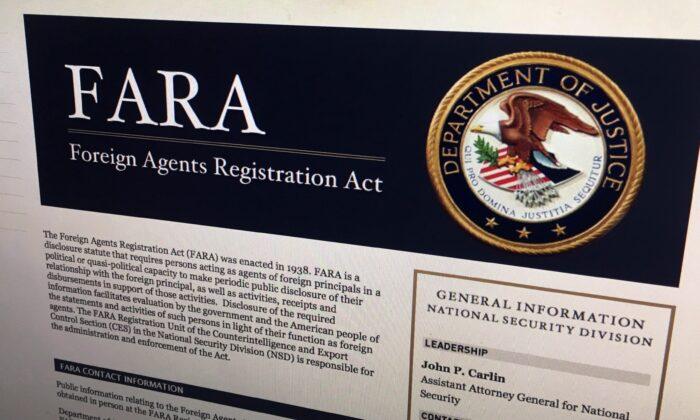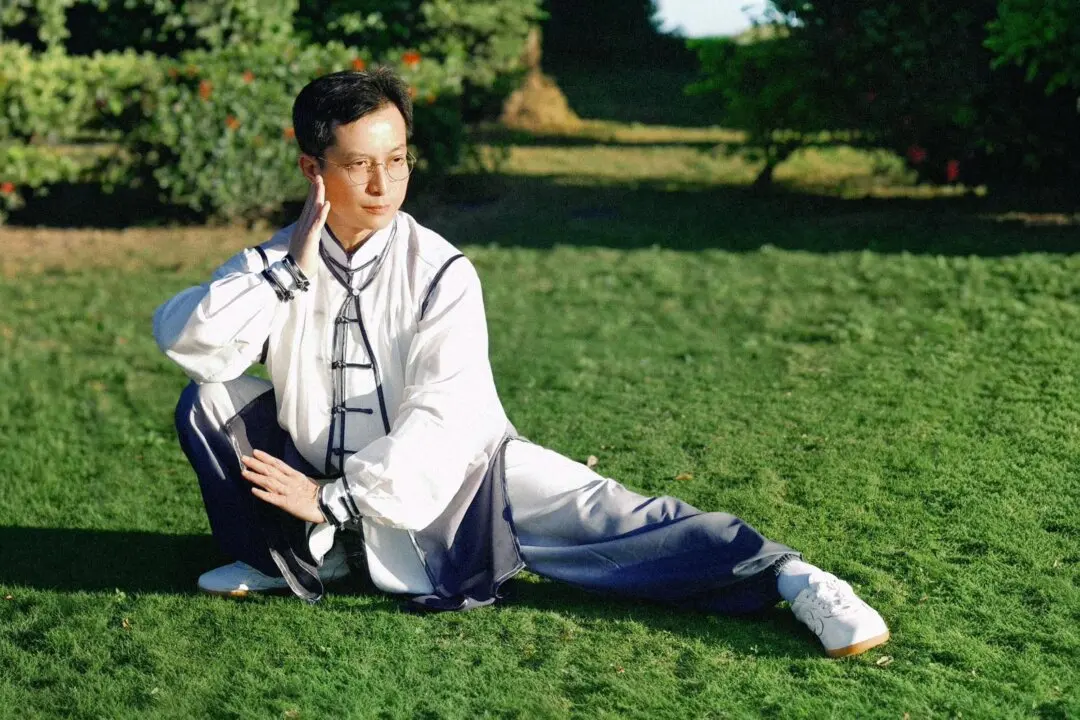The Hong Kong government has been conducting political lobbying efforts in the United States since 2005, and over US$35 million has been spent on lobbying and engaging with American politicians over 1,000 times since 2019, according to a report released by the Hong Kong Democracy Council (HKDC), based in America, on July 5.
Ms. Anna Kwok, the Executive Director of HKDC, one of the eight dissidents who are wanted by the Hong Kong Police, with bounties on their heads of US$127,650, called on the Biden administration and Congress to exercise stricter oversight and regulation of the representatives of Hong Kong government in the U.S., scrutinizing the activities of the “white-gloved” proxy organizations.




